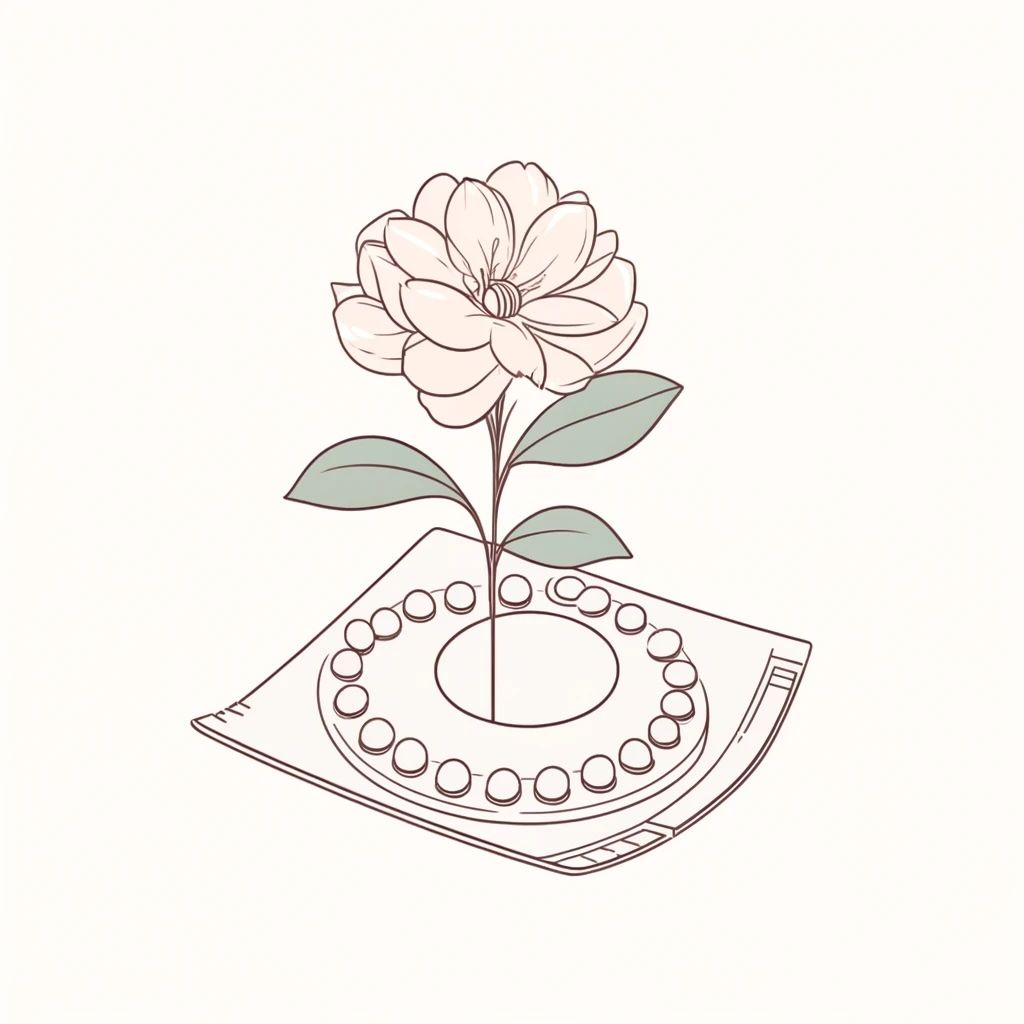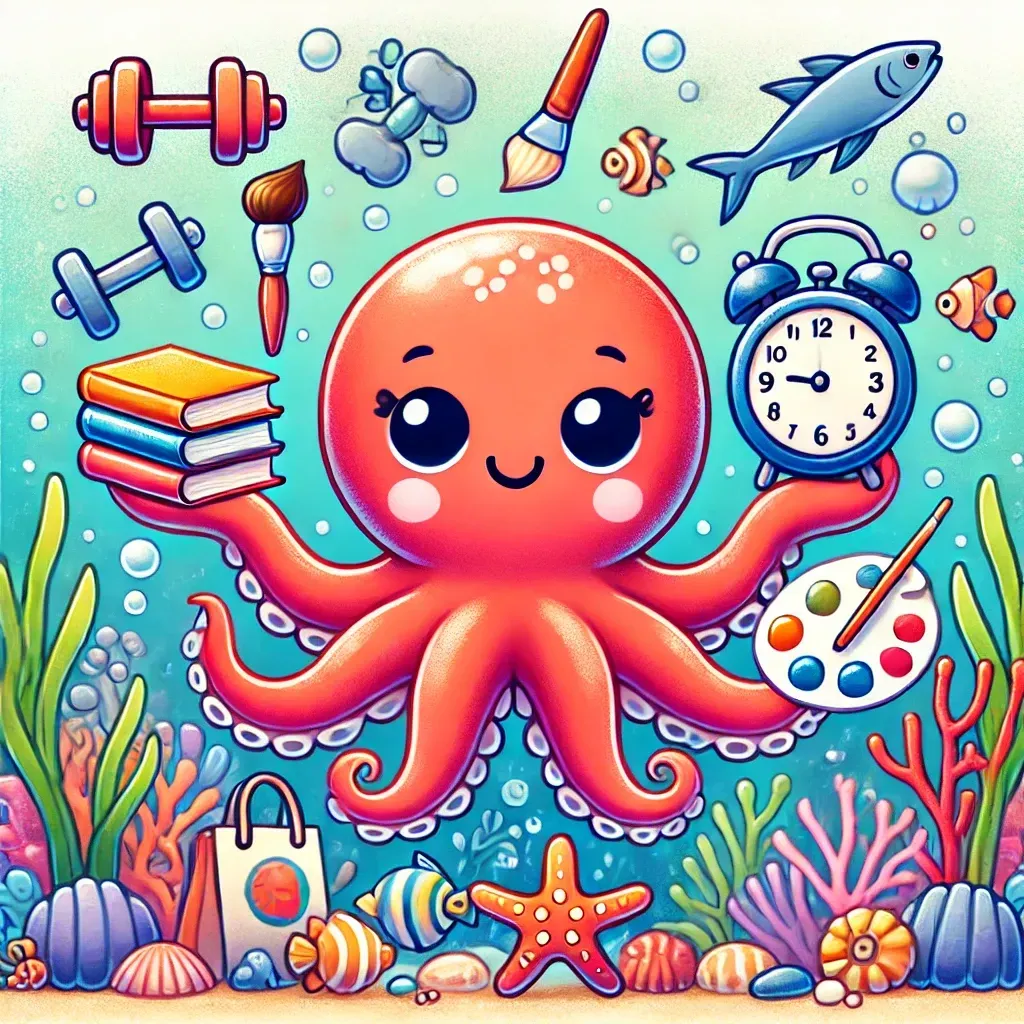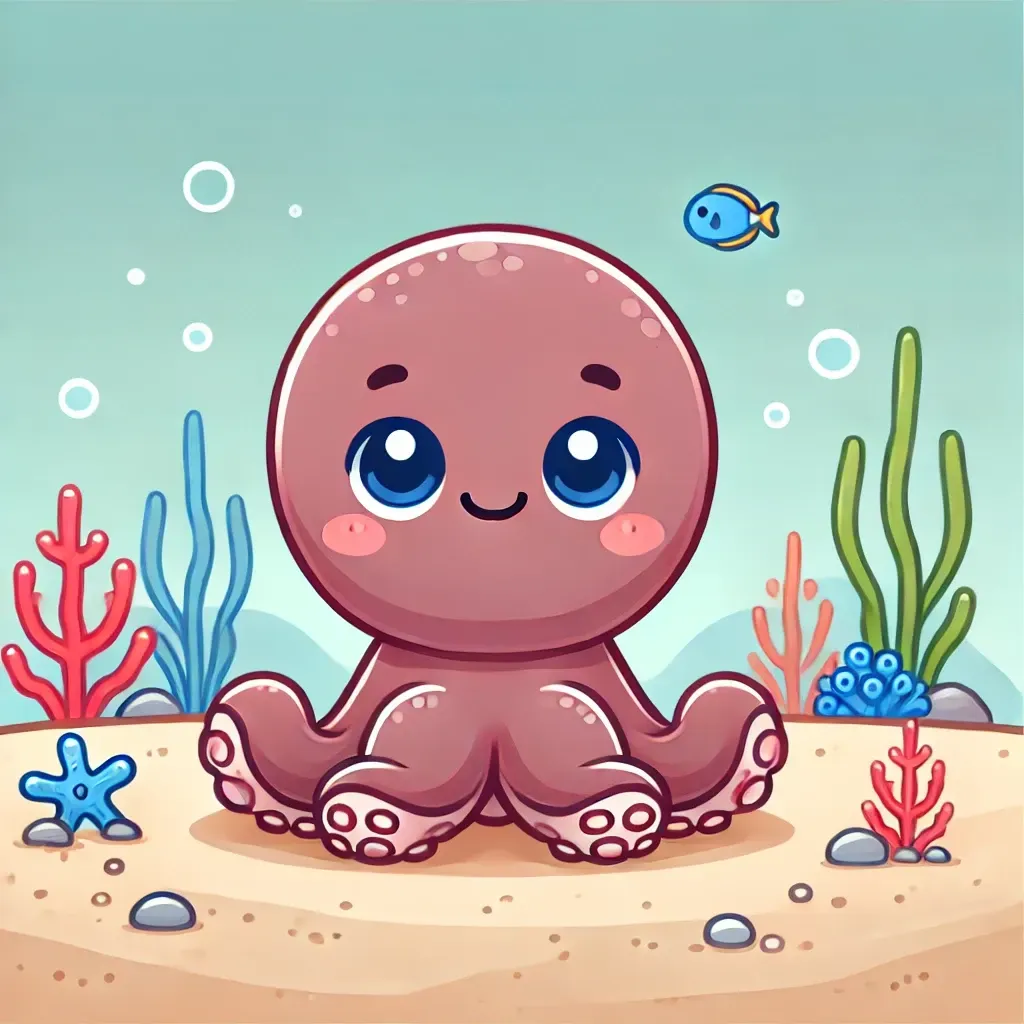Bouncing Back from Blunders: How to Handle Shame and Disappointment

- Acknowledge and Navigate Emotions: Recognizing and accepting your emotions, especially when feeling shame or frustration from mistakes, is a critical first step. It's essential to understand that these feelings are a natural response to perceived failure, and acknowledging them without judgment can set the foundation for constructive action and personal growth.
- Take Responsibility and Communicate: Owning up to mistakes and openly communicating about their impact is fundamental. This approach fosters understanding and forgiveness from those affected, emphasizing transparency and honesty as key elements in overcoming challenges and strengthening relationships.
- Learn from Mistakes and Adapt: Every error provides a valuable lesson. It's an opportunity to reflect on what went wrong and why, leading to the development of strategies for better managing stress, attention to detail, and organizational challenges. Adopting more effective tools and methods can prevent future mistakes and enhance overall performance.
- Practice Self-Compassion: Shifting from self-blame to self-forgiveness is essential for mental and emotional well-being. The support and understanding from others, especially in moments of vulnerability, highlight the importance of self-compassion. Treating oneself with kindness and recognizing that mistakes are part of the human experience can significantly ease the journey through life's ups and downs.
- Seek Support and Celebrate Progress: Sharing the experience with supportive partners, friends, or networks can greatly alleviate the burden of a mistake. Discussing feelings, receiving encouragement, and celebrating every step of progress, no matter how small, are vital. These actions reinforce the deepened trust and communication within relationships and underscore personal growth, reminding us that perfection is unattainable and unnecessary for a fulfilling life.
Life with ADHD comes with its unique set of challenges, especially when it comes to managing responsibilities in relationships, friendships, and work. These challenges can sometimes result in situations where you feel you've let those around you down, such as forgetting important dates, overlooking crucial tasks, or misplacing significant items. This feeling can be particularly pronounced in high-stakes or stressful situations, such as managing the complexities of international travel.
Recently, I experienced one of these moments. My partner and I embarked on a ten-day, three-stop journey across Asia, allocating five days to Kuala Lumpur, Malaysia, three to Taipei, Taiwan, and the remainder to Chengdu, China. This adventure, rich in cultural experiences, culinary delights, and shared laughter, also brought its share of stress and demanded extensive planning. Yet, the journey's conclusion was marked by a significant misstep on my part, inadvertently extending our stay in Asia by an unplanned 26 hours during our return. This error left me engulfed in feelings of shame and self-anger. Fortunately, my partner's reaction was nothing but supportive, offering understanding instead of blame.
Acknowledge Your Feelings
In such moments, the initial step is to acknowledge the storm of feelings without judgment. My own experience was a testament to how powerful these emotions could be, enveloping me in a wave of shame and frustration. Recognizing these feelings as a natural response to perceived failure is crucial in beginning to address them.
Take Responsibility and Communicate
Taking responsibility for the error, as I had to with my partner, is a fundamental step toward resolution. This means not only owning up to the mistake but also communicating openly about its impact. In my case, explaining the situation and expressing my regret was met with understanding and forgiveness, highlighting the importance of transparency in overcoming such hurdles.
Learn and Adapt
Every mistake carries a lesson. My error, while painful, was a stark reminder of the need for meticulous attention to detail in stressful situations and the importance of double-checking crucial information. It prompted me to look for strategies to manage stress and organizational challenges better, especially when under pressure or in complex scenarios.
Implement Changes
Learning from the mistake meant making concrete plans to avoid similar pitfalls in the future. For me, this involved adopting more robust organizational tools and strategies, like more thorough checklists and reminders, to manage the complexities of travel more effectively.
Practice Self-Compassion
Perhaps the most significant lesson from this experience was the importance of self-compassion. The support and understanding from my partner were crucial in moving from a place of self-blame to one of self-forgiveness. This shift is vital for anyone in a similar situation, emphasizing the need to treat oneself with kindness and understanding, recognizing that mistakes are part of the human experience.
Seek Support
The incident underscored the value of a supportive partner and network. Sharing the burden, discussing the feelings of shame, and receiving encouragement can significantly alleviate the weight of the mistake and aid in the healing process.
Celebrate Progress
Finally, acknowledging and celebrating steps taken to learn from and address the mistake is crucial. In my case, recognizing the growth from the experience and the deepened trust and communication within my relationship was a cause for celebration.
Conclusion
Mistakes, especially those that feel monumental, like stranding yourself and your partner in Asia for an additional 26 hours, can be daunting. However, by taking responsibility, learning from the experience, implementing changes, and practicing self-compassion, it's possible to navigate these challenges. The key is to remember that perfection is unattainable and that growth, understanding, and kindness to oneself are the real goals. My experience ultimately strengthened my relationship and my resolve to manage ADHD with grace and resilience.




